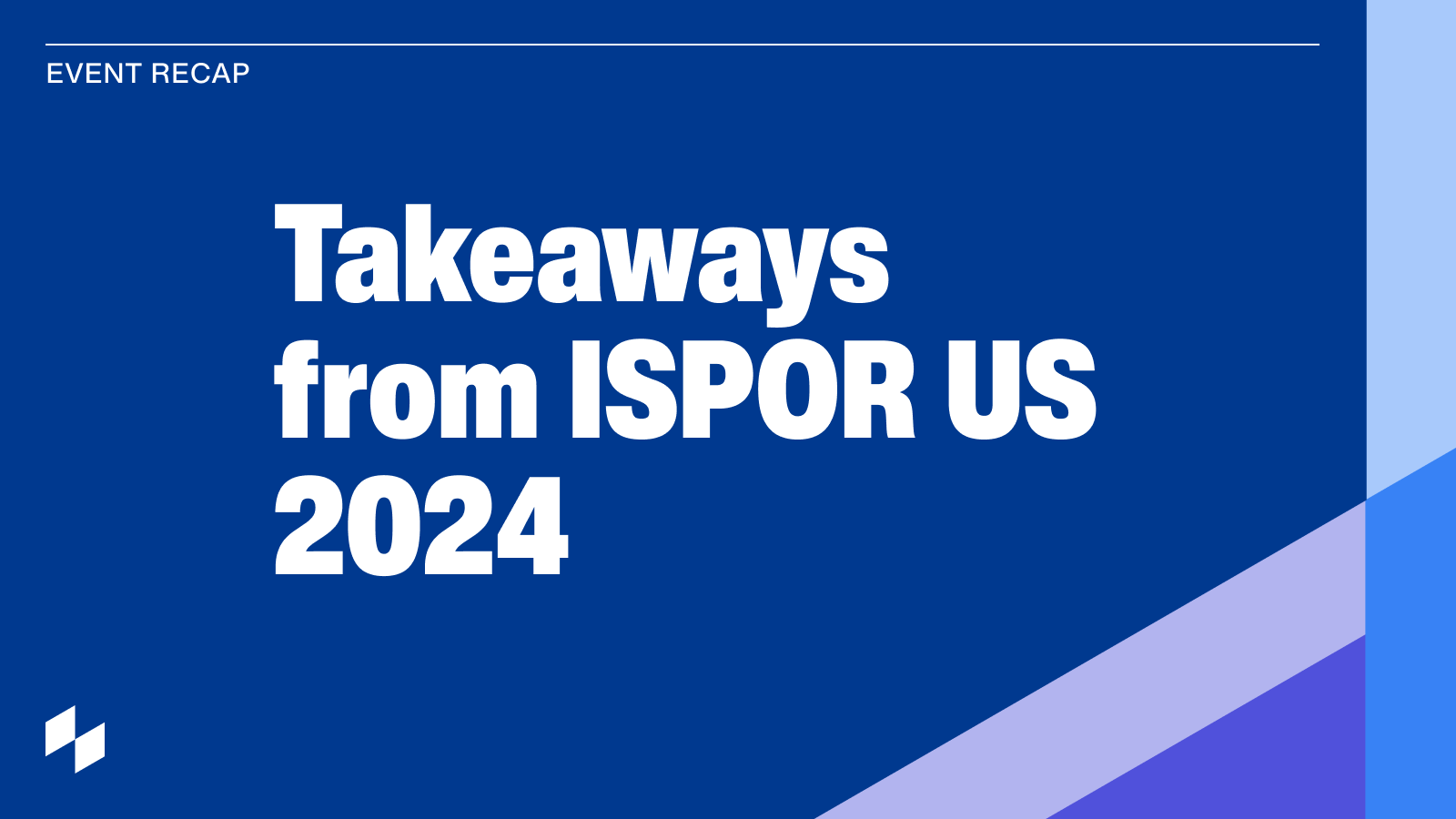The 2024 ISPOR Annual conference brought together stakeholders across the health economics and outcomes research (HEOR) community to share the latest research, technologies, and learnings promoting “whole health.” These are the top 3 takeaways highlighted by experts from Flatiron Health:
#1 AI for HEOR: Embracing the present and navigating the future
With a significant portion of sessions focusing on AI for HEOR, including the final plenary, “AI Enabling Whole Health: Opportunities and Challenges for HEOR and HTA”, AI emerged as a central theme. The vast and growing amount of healthcare data underscores the need to extract, process, and curate it for research purposes.
In today’s world, AI technologies are actively utilized to achieve larger cohort sizes and expedite research. Large Language Models (LLMs) and other generative AI models, for instance, can be employed to extract key data elements from unstructured fields in electronic health records, generate synthetic data, or conduct literature reviews more efficiently. Here at Flatiron, we're actively exploring ways to harness AI to advance oncology research, as demonstrated in our ISPOR abstracts on LLMs to extract PD-L1 testing details from EHRs and evaluation of machine learning extracted real-world response rate endpoints.
However, while AI offers promising solutions, concerns persist regarding scalability and the quality of data and insights generated, particularly for regulatory and payer decision-making. While there’s not yet formal guidance, it’s crucial that all stakeholders, including biopharma, tech, regulators, payers, physicians, and patients, communicate early and often to leverage AI in a safe and responsible manner.
#2 Multimodal data: Key to understanding "whole health"
In order to understand and address “whole health", researchers need to access the entirety of a person’s story from medical records to their day to day living conditions. This topic was the focus of the second plenary, “Missing Link for HEOR: A Path Forward for HEOR Data Integration,” which explored the integration and linkage of real-world data (RWD) in HEOR.
While the concept of multimodal datasets isn't novel in HEOR, their significance is escalating, particularly in researching patient subgroups with rare cancers or non-standard-of-care biomarkers. Linked datasets facilitate longitudinal studies on specific populations, such as the Flatiron Health-Foundation Medicine Clinico-Genomic Database (CGDB), utilized for biomarker-specific and multi-tumor research at ISPOR, and the Caris-Flatiron Health Clinical-Molecular Database (CMDB).
Despite the potential benefits, challenges such as ensuring data quality and maintaining patient privacy remain key, with the plenary panel sharing this advice for utilizing new technologies for HEOR — “be brave, but skeptical.”
#3 Implications of the Inflation Reduction Act: Navigating uncertainties
Negotiations for the first 10 drugs selected by Centers for Medicare and Medicaid Services (CMS), including one cancer drug, as well as selection of the second cycle of drugs for price negotiation are currently underway, as dictated under the Inflation Reduction Act of 2022.
The process thus far has unlocked a number of open questions among the HEOR community. Some notable topics of interest include:
-
CMS approaches to integrating insights from various evidence sources,
-
Potential spillover effects of pricing changes in the US to global markets, and
-
Incorporation of health equity in value and market access decisions.
The outcomes of CMS's pricing adjustments later this year are anticipated to offer clarity into these topics and more. That being said, what we know for certain is that the Inflation Reduction Act is poised to transform the landscape of oncology drugs in the US, and real-world evidence is and will continue to play a pivotal role in price negotiations.

